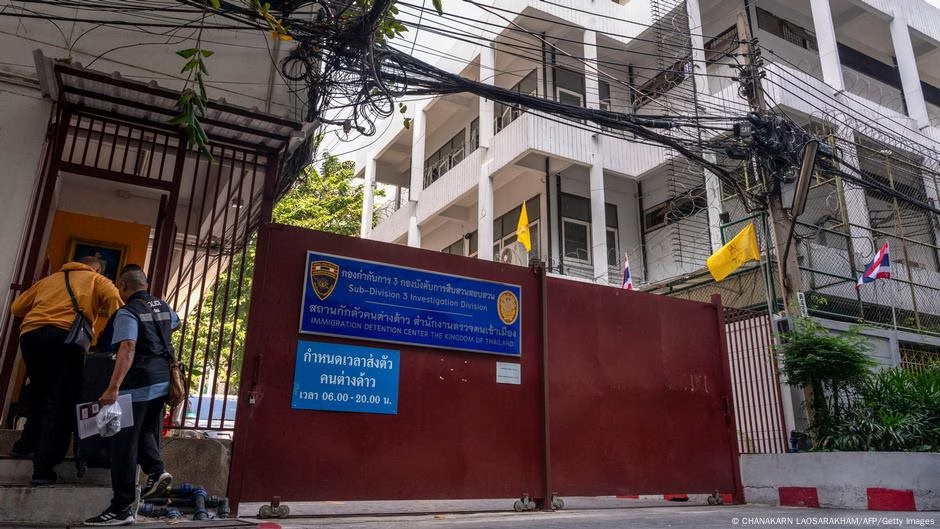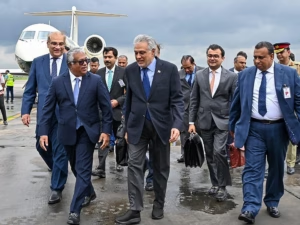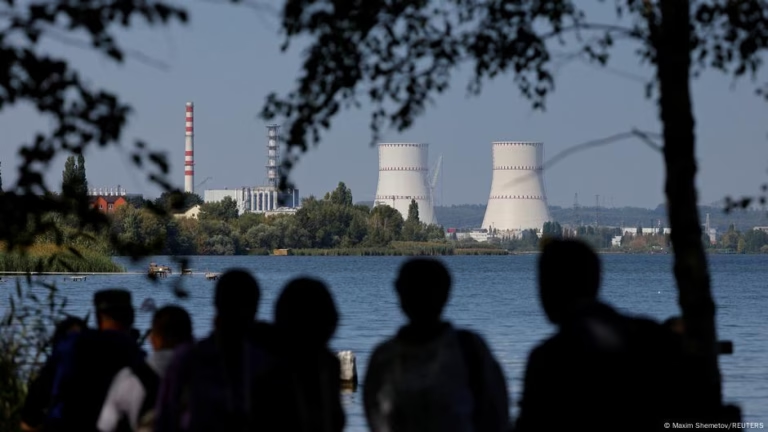After several weeks of diplomatic maneuvers and ambiguous statements, Thai authorities deported a group of 40 Uyghur men to China last month. This decision came despite warnings from the United States and human rights organizations, who argued that the deportees would likely face persecution or worse under the Chinese government. The Uyghurs, a Turkic-speaking Muslim minority from China’s northwestern Xinjiang province, have faced years of repression by Chinese authorities. The recent deportation incident similar to a 2015 episode in which the Thai government forcibly repatriated over 100 Uyghur refugees to China, prompting global outrage and protests across the Muslim world. Ahead of the latest deportations, the US State Department urged Bangkok to respect its obligations under international law, particularly the principle of non-refoulement, which prohibits returning individuals to a country where they may face harmful treatment. On the day of the deportations, Germany’s foreign office also criticized the move, stating that it violated international law and could put the deportees at risk of human rights violations. The US Secretary of State Marco Rubio expressed disappointment with the US ally and his department imposed visa sanctions on Thai government officials involved in the deportations. The European Commission also condemned Bangkok’s decision, and called on Thailand to stop further deportations and provide transparency around its refugee policies.
Source: https://www.dw.com/en/thailand-s-uyghur-deportations-balancing-china-and-the-west/a-72028596?maca=en-rss-en-all-1573-rdf







